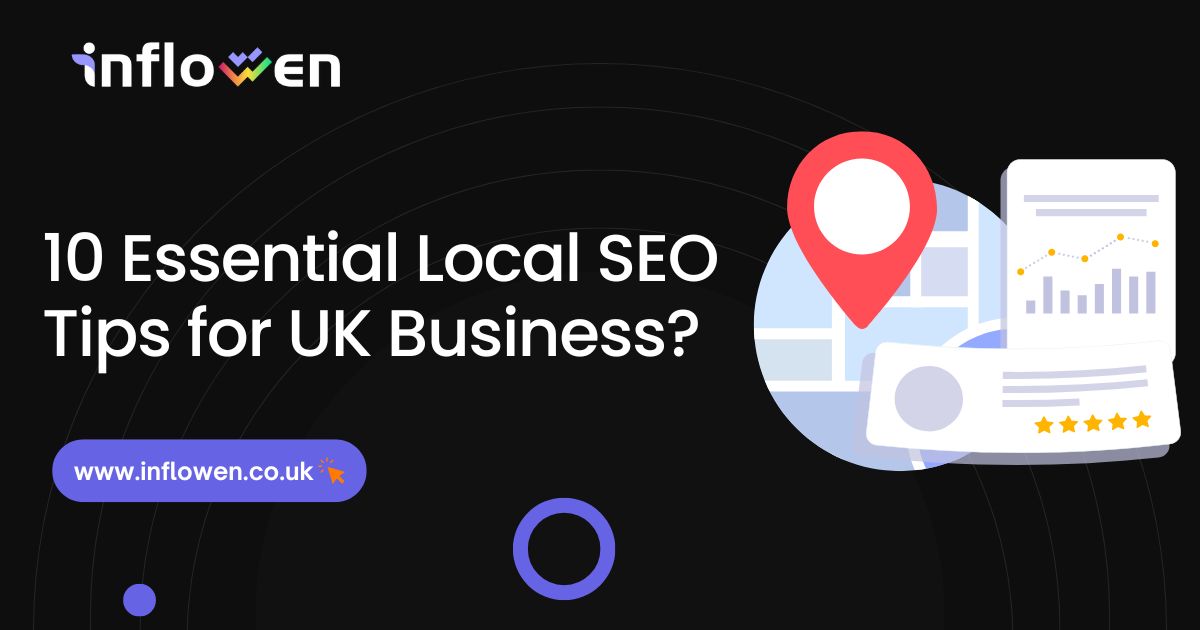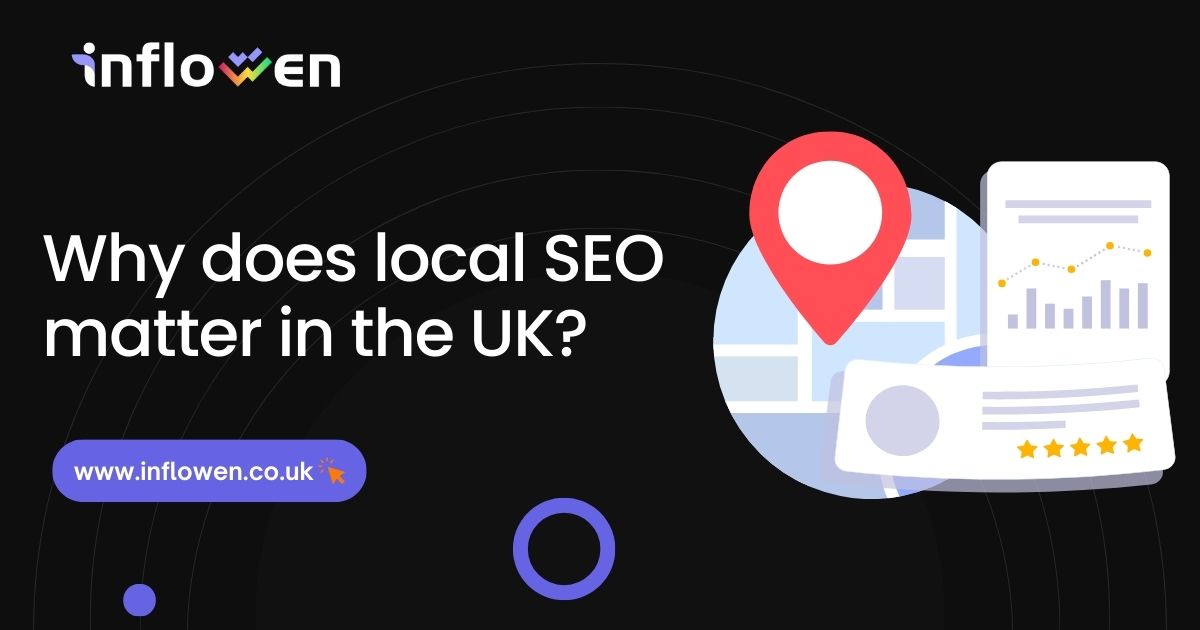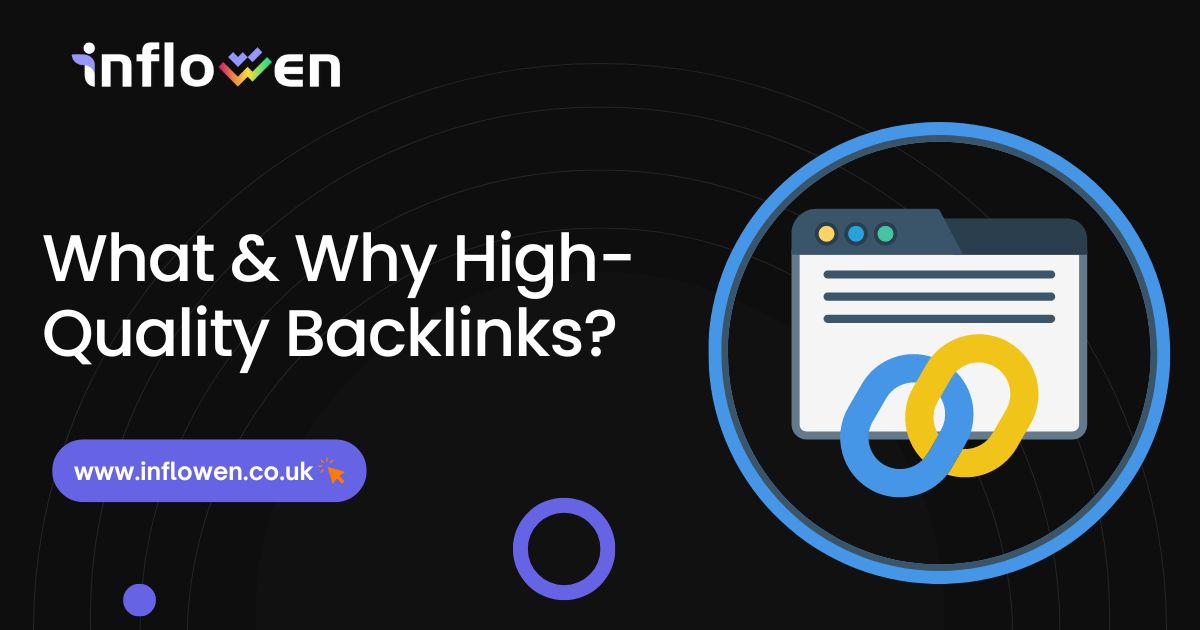Launching a local business is a thrilling adventure, filled with countless opportunities and challenges. However, in today’s digital world, one of the most significant hurdles is ensuring potential customers can find your business online. This is where the power of local SEO comes into play. For small business owners and local entrepreneurs, mastering local SEO is not just beneficial—it’s essential for thriving in a competitive market.
This blog post will guide you through the intricacies of effective local SEO campaigns. We’ll explore essential components such as target location, local keyword research, and NAP citation. From crafting a targeted content strategy and optimizing for voice search to leveraging platforms like Google My Business, you’ll gain valuable insights tailored to local businesses. By the end, you’ll be equipped with actionable strategies to elevate your business’s online presence and connect with your community. Let’s dive in!
Understanding Effective Local SEO Campaigns
Local SEO focuses on enhancing your online visibility to capture more business from relevant local searches. These searches, typically on Google and other search engines, are vital for driving targeted local traffic to your business.
Key terms to familiarize yourself with include target location, local keyword research, and NAP citation. The target location refers to the geographical area where you want your business to gain visibility among potential customers. Local keyword research focuses on identifying the most relevant search terms that people in your area use to discover businesses like yours. Meanwhile, NAP citation stands for Name, Address, and Phone number, which should be consistent across all online platforms for your business.
Understanding these elements is vital for tailoring your local SEO strategies effectively. By focusing on these components, you can create campaigns that resonate with local audiences, enhancing your visibility and engagement.
Target Location and Local Keyword Research
Identifying and targeting the right location is the first step in any successful local SEO campaign. Begin by analyzing where your potential customers are located and which areas could benefit most from your products or services. Consider factors such as local demographics, competition, and the demand for your offerings.
Next, conduct local keyword research using Natural Language Processing (NLP) techniques and tools. NLP helps in understanding how people phrase their searches, allowing you to target long-tail keywords that reflect natural speech patterns. Tools like Google Keyword Planner and SEMrush can aid in identifying high-value local keywords, providing insights into what your target audience is searching for.
By honing in on specific locations and keywords, you’ll be able to craft a more focused SEO strategy that attracts relevant local traffic, driving increased foot traffic and sales to your business.
Crafting a Local Content Strategy
Content is king, even in local SEO. Developing high-quality, location-focused content can dramatically enhance your local search rankings. Your content should be engaging, informative, and tailored to the interests and needs of your local audience.
Start by developing content that highlights local events, news, and community involvement. This not only captivates your audience but also establishes your business as a vital presence within the local community. Consider incorporating customer testimonials and case studies that showcase your impact in the area.
Additionally, optimize your content with local keywords identified during your research. Whether it’s blog posts, videos, or social media updates, ensure your content speaks directly to the locals and addresses their specific interests and queries.
Embracing Local Voice Search
With the rise of voice-activated devices like Amazon Alexa and Google Home, optimizing for voice search is becoming increasingly important in local SEO. Voice searches often differ from text-based queries, typically being longer and more conversational.
To optimize for voice search, focus on natural language keywords and phrases that people are likely to use when speaking. Answer common questions related to your business and include these in your content. Structured data markup can also help search engines better understand the context of your content, improving your chances of appearing in voice search results.
By adapting your SEO strategy to accommodate voice search, you open up new channels for reaching potential customers who prefer using their voice over typing.
Leveraging NAP Citations
Consistent NAP information across online platforms is crucial for local SEO. Search engines rely on this information to provide accurate local search results. Inconsistencies can confuse both search engines and potential customers, leading to lost opportunities.
Ensure your business’s Name, Address, and Phone number are identical across your website, social media profiles, directory listings, and any other online mentions. Tools like Moz Local can help track and manage your citations, ensuring consistency and accuracy.
By maintaining precise NAP information, you build trust with search engines and improve your chances of ranking higher in local search results, making it easier for customers to find and contact you.
Maximizing Google My Business
Google My Business (GMB) is one of the most important tool for local businesses. It allows you to manage how your business appears on Google Search and Maps, providing crucial information to potential customers at a glance.
To maximize your GMB listing, ensure all business details are complete and accurate. Add high-quality images and regularly update your listing with new posts and offers. Encourage satisfied customers to leave reviews, as positive reviews can significantly enhance your credibility and search ranking.
Utilizing all the features GMB offers can greatly enhance your local SEO efforts, increasing your visibility and drawing more customers to your business.
Building a Strong Local Link Profile
Local link building is an essential aspect of effective local SEO. Links from reputable local sites signal to search engines that your business is a trusted part of the community.
Start by connecting with local businesses, organizations, and influencers to seek link-building opportunities. Participate in community events or sponsor local activities to gain backlinks from event websites or news articles. Contributing guest posts to local blogs or collaborating on community projects can also earn valuable links.
Building a robust local link profile not only boosts your search engine ranking but also strengthens your reputation within the community, fostering trust among potential customers.
Establishing a Local Social Media Presence
Social media plays a crucial role in local SEO and brand visibility. It provides an opportunity to engage with your community, share valuable content, and drive traffic to your website.
Develop a local social media strategy by focusing on platforms popular among your target audience. Share content that resonates with local interests and encourages user interaction. Engage with your audience by responding to comments, participating in local discussions, and highlighting community involvement.
By establishing a strong social media presence, you can enhance your brand’s visibility, foster community connections, and support your overall local SEO goals.
Conclusion
Designing effective local SEO campaigns is a powerful way for small businesses to connect with their communities and thrive in today’s competitive market. By understanding the importance of target location, local keyword research, and NAP citations, you can create a solid foundation for your strategy.
Crafting engaging local content, optimizing for voice search, and maximizing tools like Google My Business further enhances your visibility. Building local links and establishing a social media presence rounds out a comprehensive approach to local SEO.



